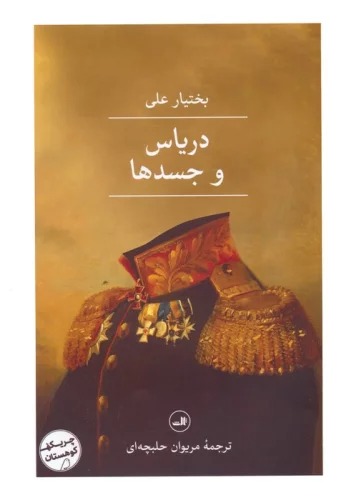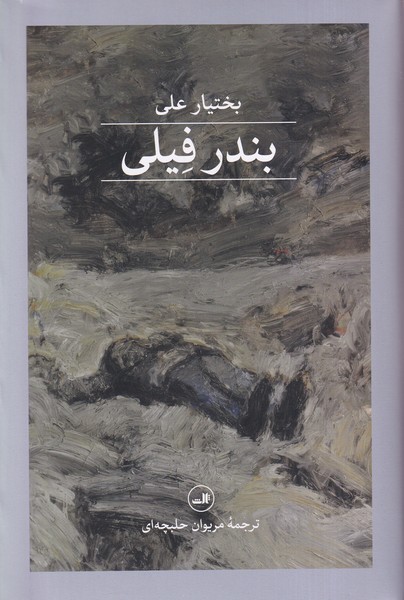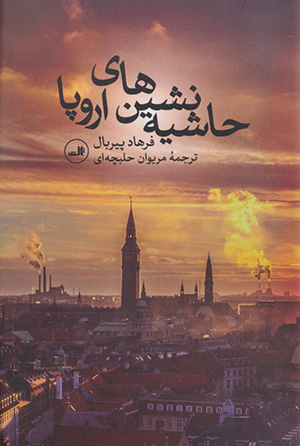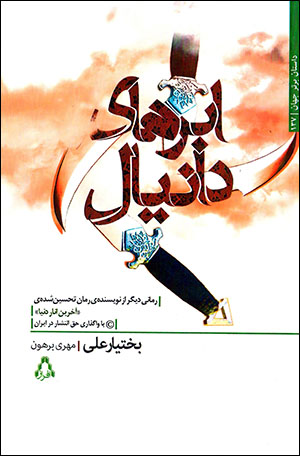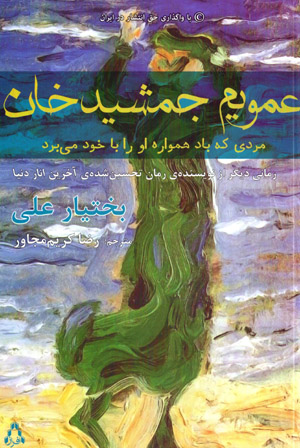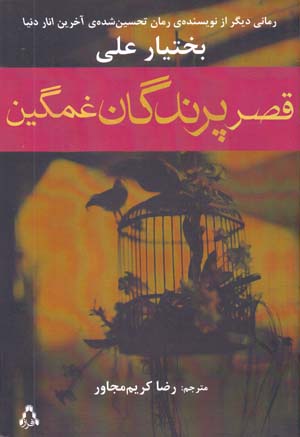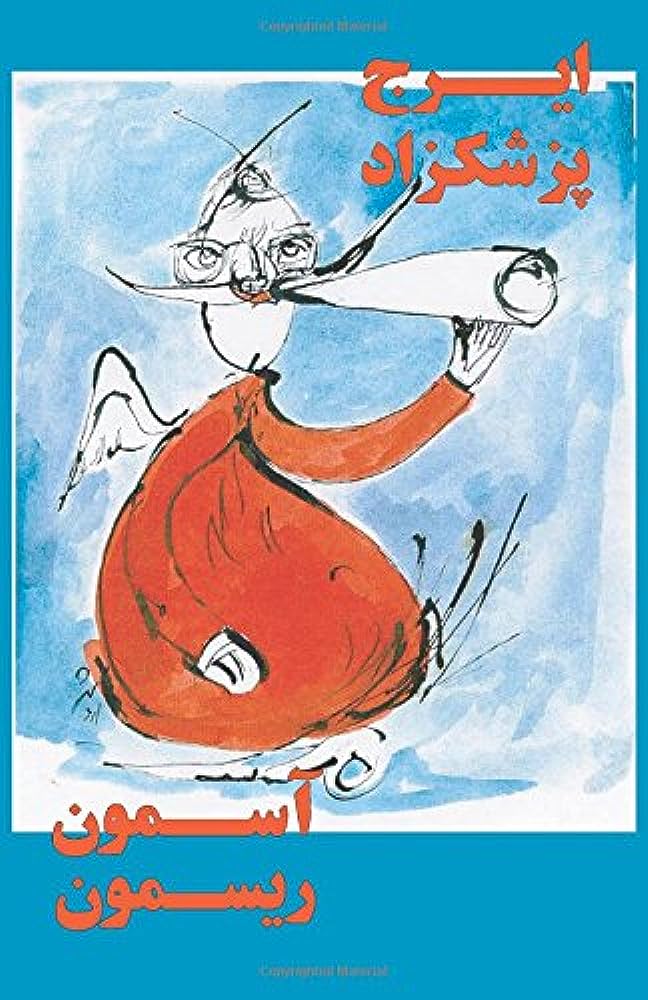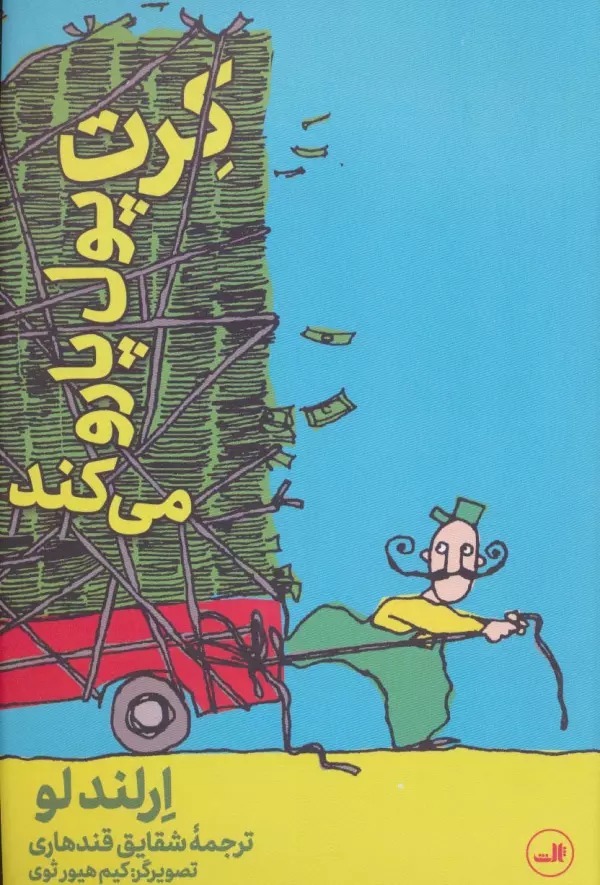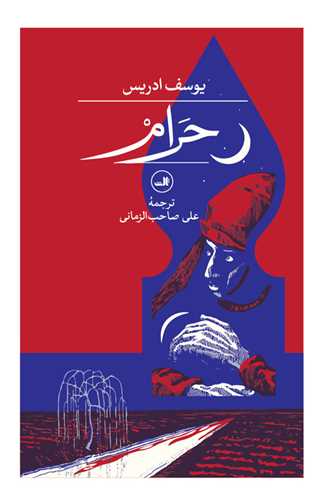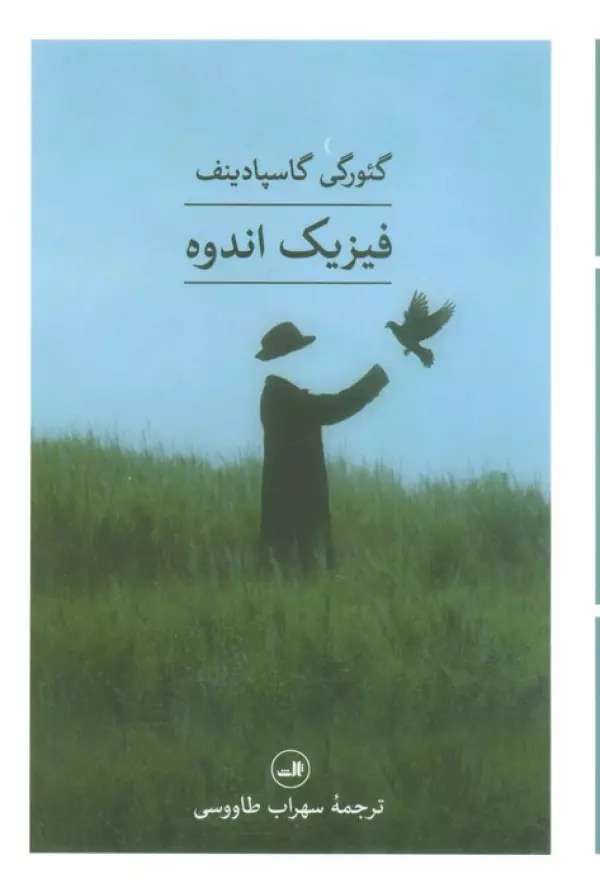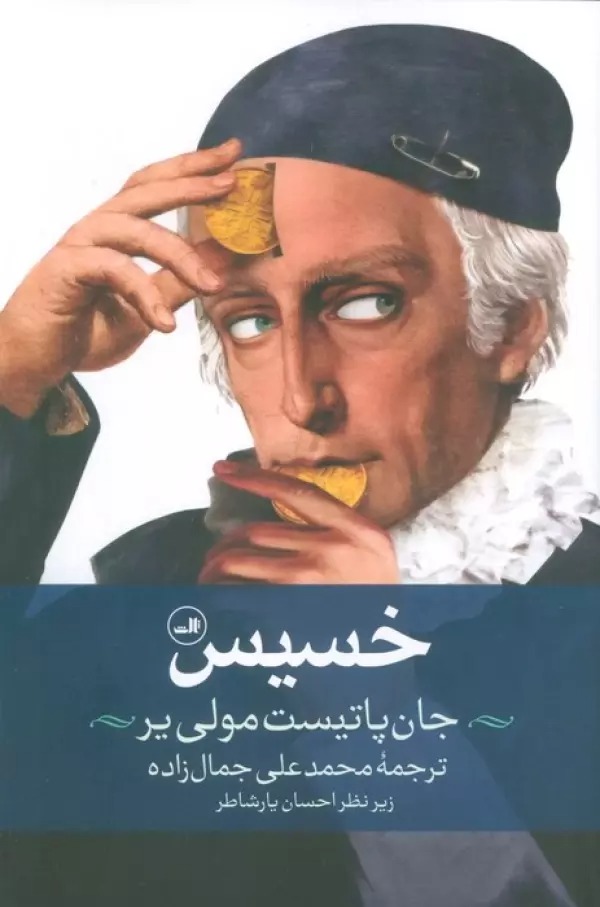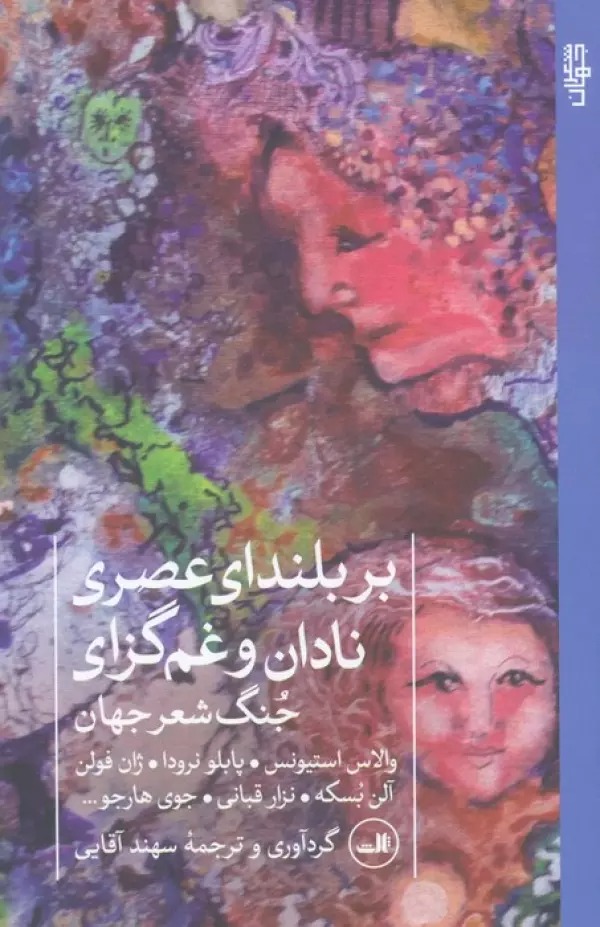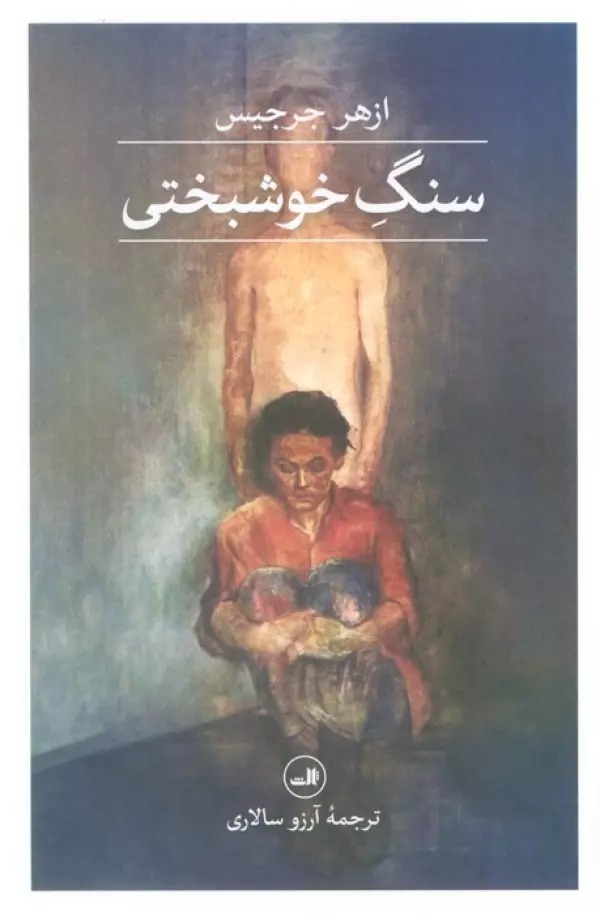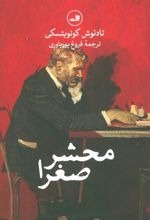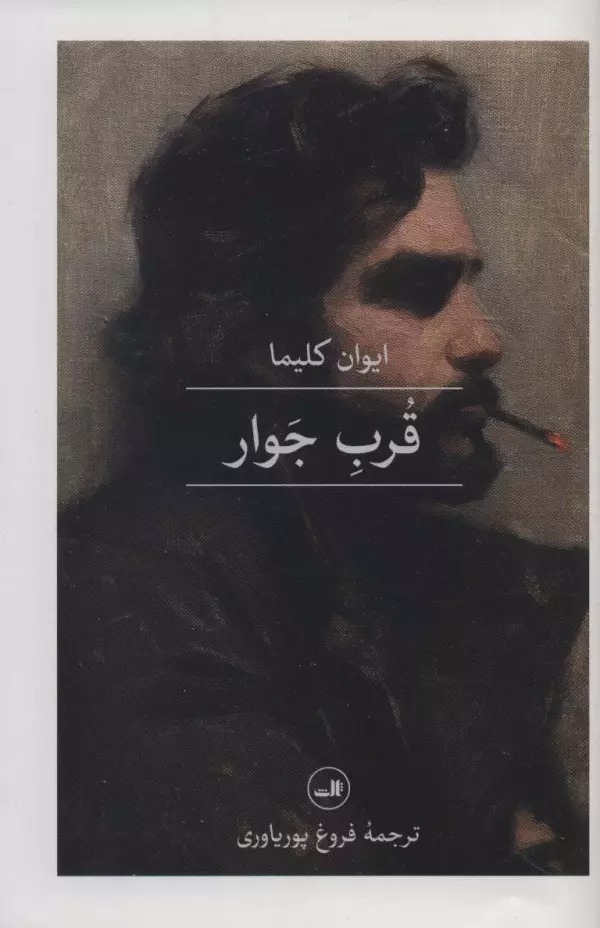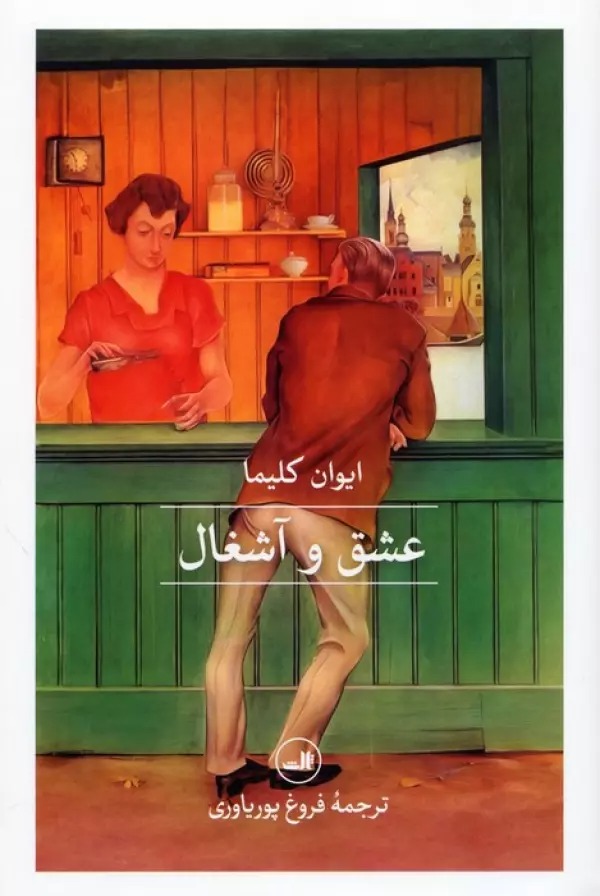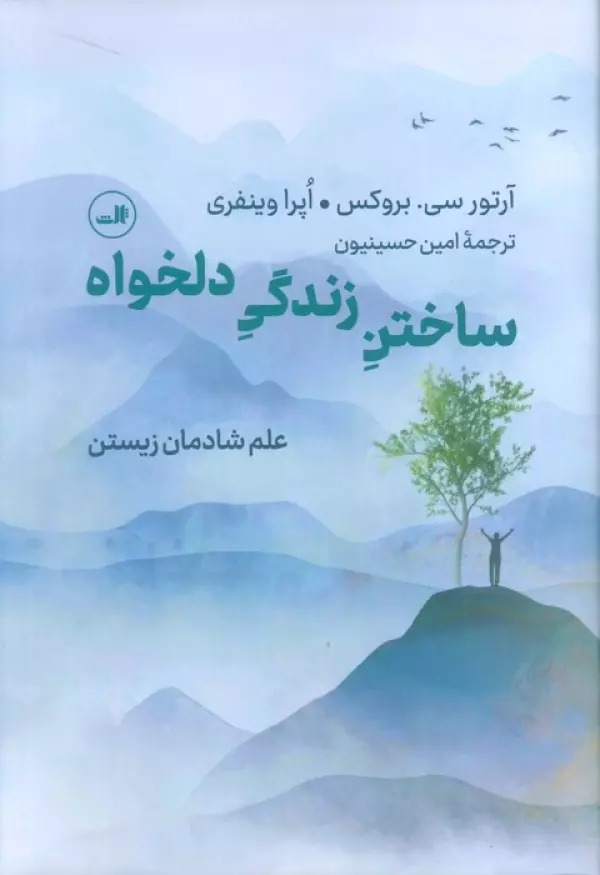Diryās va Jasad'hā: Persian 1403
دریاس و جسدها
12.85 £
Share
Wishlist
Original Title:
دهریاس و لاشهکان
ISBN:
9786004054324
Translator:
Marīvān Ḥalabchaʹī
Publisher:
sālis
Age Group:
Adult
Pages:
264
Weight:
328 g
Dimensions:
14 x 21 x 3 cm
Book Cover:
Hard Cover
Bachtyar Ali Muhammed, also spelled as Bakhtiyar Ali or Bakhtyar Ali, (Kurdish: Bextyar Elî -بەختیار عەلی) Ali was born in the city of Slemani (also spelled as Sulaimani or Sulaymaniy), in Iraqi Kurdistan (also referred to as southern Kurdistan) in 1960. He is a Kurdish novelist and intellectual. He is also a prolific literary critic, essayist, and poet. Ali started as a poet and essayist but has established himself as an influential novelist from the mid-1990s. He has published six novels, several poetry collections as well as essay books. He has been living in Germany since the mid-1990s (Frankfurt, Cologne , and most recently Bonn). In his academic essays, he has dealt with various subjects, such as the 1988 Saddam-era Anfal genocide campaign, the relationship between the power and intellectuals, and other philosophical issues. He often employs Western philosophical concepts to interpret an issue in Kurdish society but often modifies or adapts them to his context.
Based on interviews with the writer, he wrote his first prominent piece of writing in 1983, a long poem called Nishtiman "The Homeland" (Kurdish; نیشتمان). His first article, entitled "In the margin of silence; la pparadebedangi da" was in the Pashkoy Iraq newspaper in 1989. But he only truly came to prominence and started to publish and hold seminars after the 1991 uprising against the Iraqi government, as the Kurds started to establish a de facto semi-autonomous region in parts of Iraqi Kurdistan and enjoy a degree of freedom of speech. He could not have published most of his work before 1991 because of strict political censorship under Saddam. Along with several other writers of his generation - most notably Mariwan Wirya Qani, Rebin Hardi, and Sherzad Hasan - they started a new intellectual movement in Kurdistan, mainly through holding seminars. The same group in 1991 started publishing a philosophical journal - Azadi "Freedom" [Kurdish:ئازادی] -, of which only five issues were published, and then Rahand "Dimension" [Kurdish:رەهەند]. (www.rahand.com).
In 1992, he published his first book, a poetry collection entitled Gunah w Karnaval "Sin and the Carnival" [Kurdish:گوناه و کەڕنەڤال]. It contained several long poems, someof which were written in the late 1980s. Prominent Kurdish poet Sherko Bekas immediately hailed him as a new powerful voice. His first novel, Margi Taqanay Dwam's "The Death of the Second Only Child" [Kurdish:مەرگی تاقانەی دووەم], was published in 1997, the first draft of which was written in the late 1980s.
more
دریاس و جسدها داستانی است از مردمی منتظر، مردمی که اندیشهی قیام را در سر میپرورانند اما در عمل دست روی دست گذاشتهاند. فراخوانی برای حفظ آگاهی نسبت به تاریخ، بهعنوان فاجعه و نه بهعنوان داستان ساختگی افتخار و شکوه و قهرمانی؛ دعوتی به اندیشیدن عمیقتر دربارهی مرگ و جاودانگی بهعنوان دو مفهوم که بیش از صد سال است سیاست، آن را در شرق تولید میکند و به بازی میگیرد.
در این کتاب با دو برادر دوقلو اما کاملا متفاوت همراه میشویم، الیاس و دریاس. الیاس انسانی عادی و اجتماعی است که بهراحتی با دیگران ارتباط میگیرد اما دریاس متفاوت است، به خارج از کشور رفته و تاریخ خوانده، او چندان اهل اجتماع نیست و پس از بازگشت به کشورش تنها کسی که با او ارتباط دارد الیاس است. او بهراحتی هرچیزی را نمیپذیرد و به سلاح پرسشگری مجهز است.
ژنرال اشکزاد دیگر شخصیت کتاب است، کسی که با شناخت رنج و خواستهی مردم، میکوشد قیام آنها را رهبری کند، اما ازآنجاکه انسانی عادی نیست به کارهایی متفاوت دست میزند.
نمیشود کار بختیار علی را به معنای عادیِ خواندن، خواند. آدم در داستانهای عظیم او غرق میشود. میغلتد درون گردابی از تصاویر، صحنهها، شخصیتها، و تخیلات عمیق و حکایت و افسانه که مخاطب را سرمست میکند.
هارتموت برخهولتر، باریشه تزایتونگ
وقتی رمانی از بختیار علی را دست میگیرید در دنیای فراسوی کتاب گم میشوید.
آنجل شادو، تویه تزو ریشه تزایتونگ
بخیتار علی در آثارش نه فقط مهربانانه به قربانیها نگاه نمیکند، بلکه بیآنکه عذرخواه کسی باشد، نشانمان میدهد که چقدر مرز بین قربانی و جلاد باریک است.
اشتفان شتوکار، دی رای ما اشتوتگارت
more

